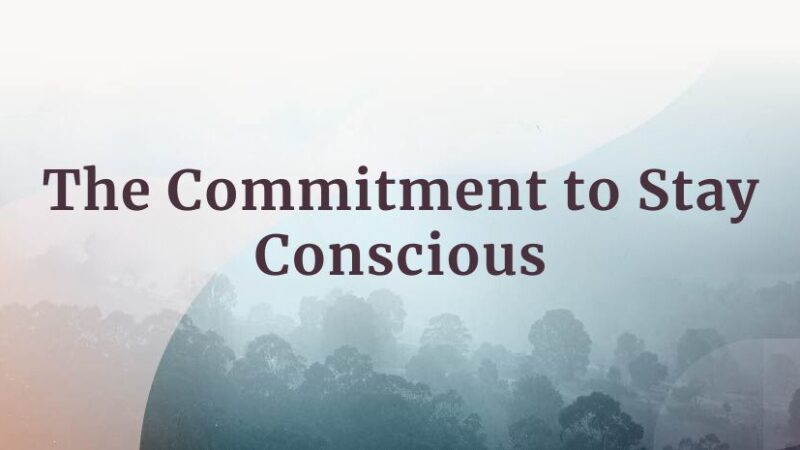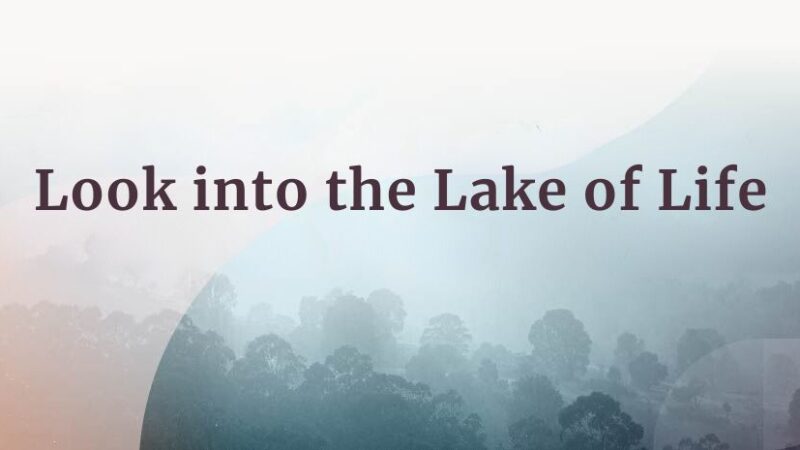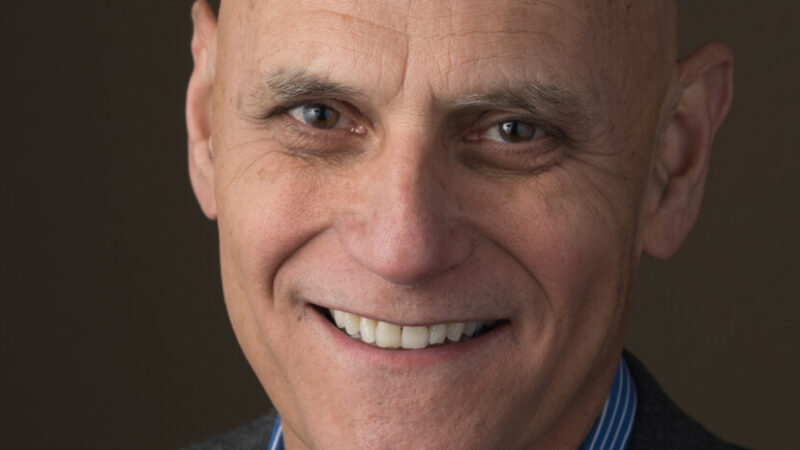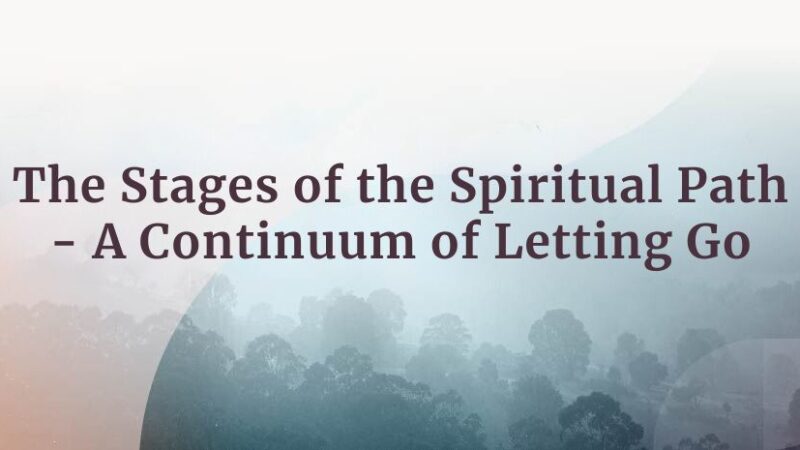Have you ever sat down to meditate and found it nearly impossible to relax and find the stillness you were hoping for? There’s a little known sound healing secret that may just help you to overcome the initial restlessness when starting your practice.
The secret can actually be found in the opposite of silence, by using the sound of your voice and vocal toning to ground yourself, calm your nervous system, and clear your mind.
How Sound Deepens the Silence
Chanting, mantra, and vocal toning have long been practiced in tandem with silent sitting meditation by both ancient and modern yogis and buddhists. You may have experienced this yourself in a yoga class meditation that starts with three AUM’s. There are different reasons why various types of voice are incorporated into the practice, but when it comes to preparing for silence, knowing this one concept can make all the difference.
When we begin a practice by filling our bodies and our meditation environment with sound, whether that be our own voice, the sound of a singing bowl, gong, harmonium, or other instrument, it creates contrast with silence when the sound is gone. There is a big difference in how we experience silence when the silence is preceded by sound, and once the sound is taken away, the silence can be experienced much more deeply.
Peace Is A Stable Consistent Vibration
The foundational practice here is to use your own voice to create a stable consistent vibration within your body. By repeatedly toning a vowel sound such as Eh, Ah, Oh, Uh, or AUM, on the same note, your body and mind will automatically begin to relax and become more calm and focused. The vagus nerve, which runs through your neck, is right next to your vocal chords, and the effect of the voice on nervous system regulation is well studied.
Vocal toning and humming increases nitric oxide, which can reduce blood pressure, slow the heart rate, and slow brain wave speeds from high functioning beta to slower meditative states of alpha, theta, delta. You can even literally sing yourself to sleep (I know because I’ve done this myself by accident while toning!)
Singing IS Breathwork – Breathing IS Sound Healing
Sound healing is not just about audible frequencies, but also about rhythms and the frequency of rhythms within the body. The breath is one of the most fundamental rhythms we can access for reducing stress and restoring peace within the body.
It is well known that extending an exhale longer than the length of the inhale will slow down the heart rate and calm the nervous system. When we’re singing, toning, humming, and extending the length of that sound, we are essentially extending the length of the exhale to be longer than the inhale.
This is why singing IS breathwork taken to the next level with the sound of your voice. While it may seem a bit awkward at first, your body LOVES the sound of your own voice, and you can nourish your body in profound ways using the gift of this internal instrument.
How to Practice Vocal Toning Before Meditation
Go ahead and get into your meditative position, whether sitting or laying down. For best results, I recommend at least 3-5 minutes of toning or humming to really give yourself time to get lost in the sound.
- Using your voice, find a note that feels comfortable in the moment. This will likely be a lower note in your normal speaking range, or maybe even slightly lower than your normal speaking voice. It should be a note that doesn’t create any strain or tension in your voice, and can allow you to relax while maintaining the pitch.
- Find a vowel sound that feels good to you. For the most grounding and calming effect use Ah, Oh, Uh, or a combination of all three such as AUM (Ah, Oh, Um). For more “clearing effect” EE, and Eh sounds can be effective for releasing stuck and negative thoughts or emotions. Humming with the mouth closed is also a very effective method that can be thought of as singing down into your own body by keeping the sound inside rather than projecting it out.
- At the beginning of each cycle of toning, take a long deep breath through the nose to receive as much breath as you can, and then begin to let the sound emerge from your voice in a slow and controlled manner. Try to extend the length of your sound by releasing only enough breath to create the sound. You may find that after a few rounds of toning you are able to take in more breath and extend your sound for longer periods of time.
- If you feel any self-consciousness, awkwardness, embarrassment coming up, this is totally normal, even for experienced singers! Let it be an opportunity for letting go of any self-judgment and try to stick with the practice. You will find that these feelings will soon go away and will be replaced with feelings of peace and even the experience of timelessness.
- See if you can feel the subtle vibrations traveling through your body. You will likely find that you can feel the sound traveling all the way to your toes, fingers, the hair on your head, various parts of your skin. Just notice where the sound is traveling.
- To take things even deeper, bring in the emotions/intentions of gratitude or love and visualize those positive feelings riding on the sound waves from your voice to every cell of your body, filling yourself with beautiful vibrations.
- Practice for 3-5 minutes or however long feels most comfortable to you, and when you are ready, let your final sounds dissipate into silence. Continue to breathe normally and take notice of how much deeper the silence now feels. You may continue your silent meditation practice from there for however long you desire.
Finding Your Homenote and Balancing Energy with the Voice
If you’re enjoying the use of your voice for stress relief and for starting your meditation practice, there are ways to get even more intentional with the voice. We have the amazing ability to clear energetic blockages, restore balance to energetic deficiencies, and return to a state of peace using our own voices. You can learn more on my website 1:11 Sound Healing.
Nicholas Penn

Nicholas Penn is a life-long musician, producer, and sound therapist with a certification in Sound Healing through Globe Sound Healing Institute. Nicholas is passionate about educating and empowering individuals to access the gift of their own voice to restore peace and improve wellness for themselves and loved ones. He is also a producer for Sounds True and leads strategy and content creation for the Sounds True YouTube channel and Eckhart Tolle Spotify Channel. Learn more at 111soundhealing.com







